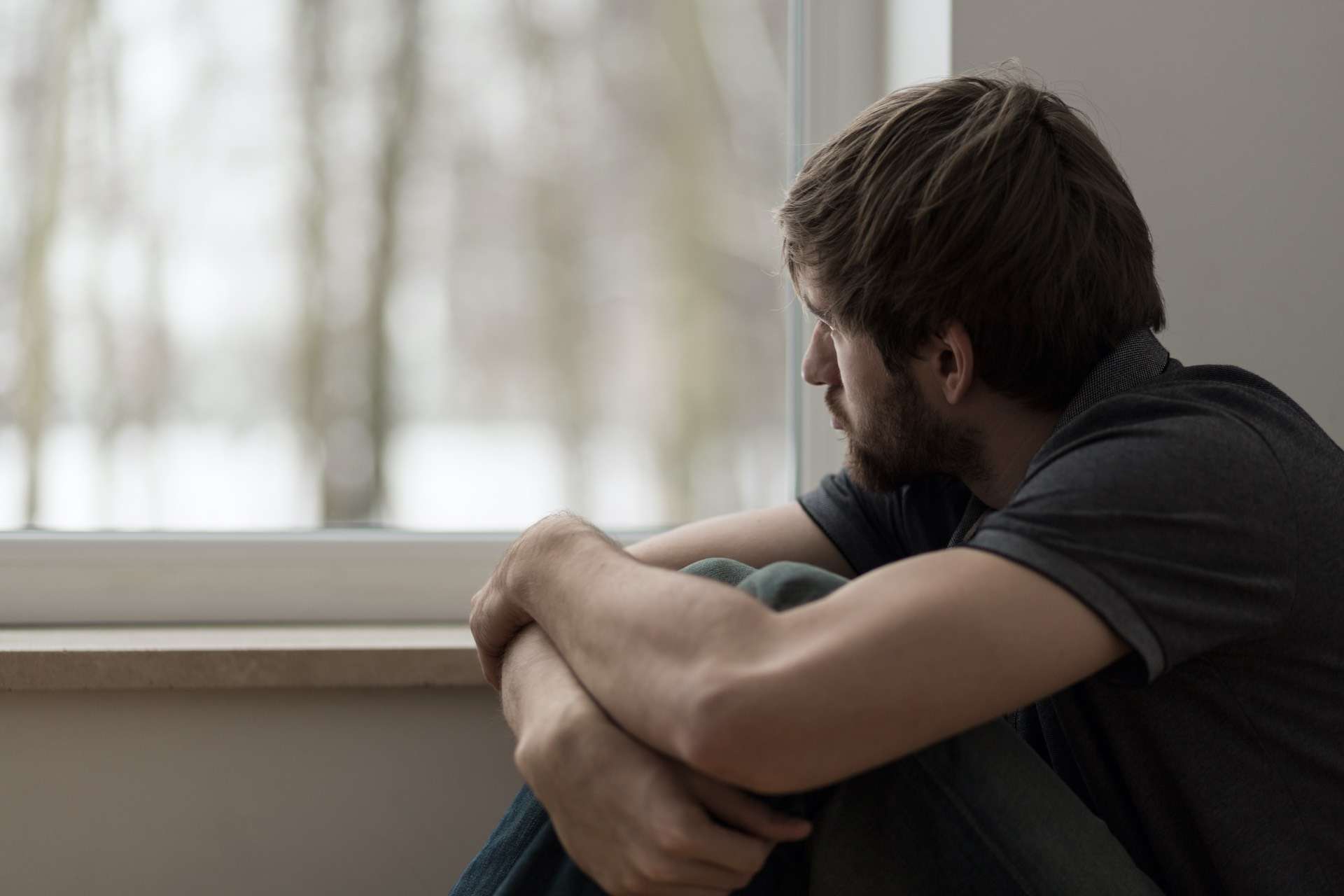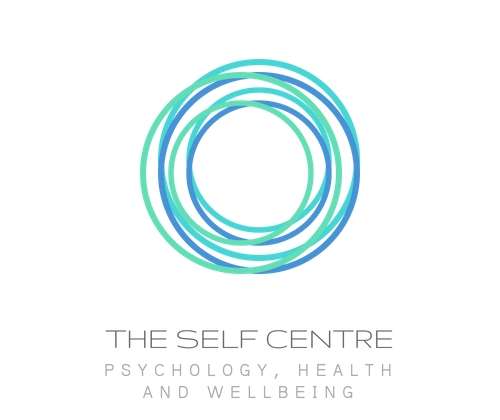
Boys will be Boys – But There’s Nothing weak About Seeking Help
One in eight men in Australia will experience depression and one in five will experience anxiety at some point in their life. But guess what? If you are reading this blog to find out about how to access face to face mental health support, chances are you identify as female. If you are reading this blog to find out if you have a mental health issue and want to find some way to manage or resolve that issue using a self-help, online tool, you are more likely to identify as male. In fact, men are twice as likely to independently use an online tool to understand their issues and to seek help than they are to consult a clinician. As a result, unlike women, men have a poorer knowledge of mental health, believe there is more stigma to admitting mental health issues, are less likely to seek help and make less informed choices about their care. You may not be surprised that this male response has a lot to do with how we traditionally think of men.
Men are “supposed” to be strong, independent, suppress emotions and minimise vulnerabilities, endure pain and be silently stoic when faced with emotional challenge. From a young age, males have often been encouraged to speak directly with a solid opinion and believe they must take control of the situation. They are not encouraged to question, share or have doubt. Of course, those images of the hardened, tough, resilient male are a social construct, but one that many who identify as male still believe they should conform too. Think of any mainstream movie or online game and you are likely to see these ideals. Not surprising then, that a plethora of research shows men themselves generally believe that admitting to mental health issues, let alone seeking help for them, does not fit with the traditional picture of a “man”. In fact, young men experiencing mental health issues are the least likely of any age group to seek professional help and are more likely to disconnect from healthcare services than admit they need support.
The lack of males stepping forward to seek help, has not only likely contributed to a miscount of the prevalence of mental health disorders in men, but has created what is known as the “silent crisis”. Frighteningly, men in Australia are three times more likely than women to take their own life. So how do we change this? With a mass of information collected from years of research, the health care world is now starting to recognise that mental health services need to be tailored to suit male or masculine needs and perspectives to encourage help seeking behaviour. (Of course, addressing the needs and catering for a non-binary focused health support system is another article entirely!) It starts with offering more support online. After all, research around the world shows men are more likely to access help online. Why? It provides autonomy and anonymity and does not openly challenge any masculine stereotypes. It is available 24hrs, with no cost and ensures a non-confrontational response and appears to remove the guilty feeling that a man is not living up to his role And if that quiet and anonymous start is comfortable and encourages anyone to start getting help, surely that can only be a good thing?
So, what if this is you or the man in your life? Rather than resist any help, get online. Try any of the following sites as three of the now many online resources available specifically for men:
- https://mensline.org.au/
- https://www.healthdirect.gov.au/mens-mental-health
- https://www.beyondblue.org.au/who-does-it-affect/men
It is a great way to access some services and get started on the path to understanding and accessing mental health care. Most sites will also show though, that seeking help from a professional service is the best way to long term effective care, support and recovery. If you identify as male and are reading that fact, do not panic just yet! Research also shows that using telehealth services for therapy is just as effective as face to face. And the great news is that at The Self Centre our team of psychologists are just as happy working with men and women on zoom as they are face to face. So, pull up a chair; you are just a click away from a friendly support without even leaving your own room.
Written by Carey Little (Clinical Psychologist)
Beyond Blue (2021) Who does it affect? https://www.beyondblue.org.au/who-does-it-affect/men
Liddon, Kingerlee & Barry (2017) Gender differences in preferences for psychological treatment, coping strategies, and triggers to help-seeking
Ogrodniczuk, Oliffe & Beharry (2018) HeadsUpGuys Canadian online resource for men with depression, Canadian Family Physician/Le Médecin de famille canadien 9:64
Parent, M. C., Hammer, J. H., Bradstreet, T. C., Schwartz, E. N., & Jobe, T. (2018). Men’s mental health help-seeking behaviours: An intersectional analysis. American journal of men’s health, 12(1), 64-73.
Rice, Telford, Rickwood & Parker (2018) Young men’s access to community-based mental health care: qualitative analysis of barriers and facilitators, Journal of Mental Health, 27:1, 59-65, DOI: 10.1080/09638237.2016.1276528
Seidler, Z. E., Rice, S. M., River, J., Oliffe, J. L., & Dhillon, H. M. (2018). Men’s mental health services: The case for a masculinities model. The Journal of Men’s Studies, 26(1), 92-104.
Seidler, Z. E., Rice, S. M., Oliffe, J. L., Fogarty, A. S., & Dhillon, H. M. (2018). Men in and out of treatment for depression: strategies for improved engagement. Australian Psychologist, 53(5), 405-415.
